The role of a country’s chief electoral umpire is often likened to a poisoned chalice, where few emerge unscathed. Just ask Professor Jega, the man behind the 2015 elections who was fortunate that Jonathan conceded defeat. But imagine navigating this challenging role not just with the political class but also with a politicized military.
Let me take you back to 1980 when I first stepped into the Department of Political Science as a wide-eyed freshman. Among our lecturers was the vibrant Professor Humphrey Nwosu, head of Public Administration. Despite his dedication to early morning lectures, some students couldn’t help but gossip about his punctuality and commitment.
In those ideologically charged times, Nigerian universities were divided between Marxist and bourgeois scholars. Nwosu fell into the latter category which led to some students dismissing his academic achievements as inadequate compared to the radical scholars’ teachings on class struggle and colonialism.
Despite these ideological differences, Nwosu commanded respect for his administrative acumen and charisma which set him apart from other
“bourgeois scholars.”
His departure from office in 1993 after the annulment of the June 12 presidential election marked a return to academia at the University of Nigeria, Nsukka.
During his tenure as Chairman of the Nigeria Electoral Commission from 1989 to 1993, Nwosu navigated turbulent waters in steering Nigeria towards civilian rule amidst resistance from both political and military factions vying for power and influence.
As we reflect on Nwosu’s pivotal role in Nigeria’s democratic journey, it’s essential to understand what it means to be a reformer at a crossroads. In essence, he faced not only the challenge of transitioning to civilian rule but also demilitarizing an establishment reluctant to relinquish power.
The delicate balance between de-militarization and de-politicization posed intricate challenges. How does one professionalize soldiers accustomed to wielding political power while ensuring their subordination to civilian authority? This complex dynamic underscored Babangida’s transition program fraught with factional struggles within the military hierarchy over ceding power.
Nwosu’s legacy extends beyond electoral reforms; it embodies resilience in fostering democratic values amid turbulent transitions. His journey reflects a commitment to upholding fairness and integrity in shaping Nigeria’s political landscape despite formidable obstacles along the way.
In remembrance of Professor Humphrey Nwosu’s indelible mark on Nigerian democracy, let us honor his legacy as a beacon of hope for future generations striving towards building a more inclusive and transparent electoral process.



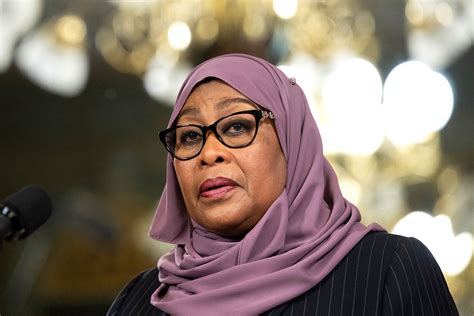
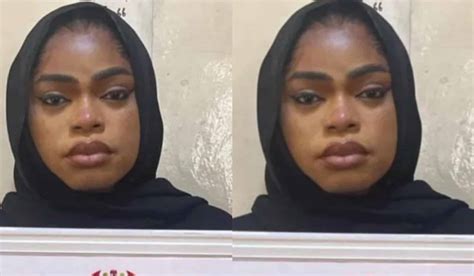
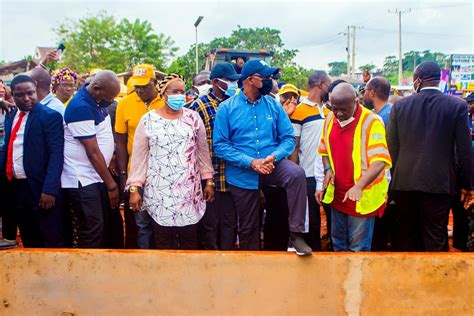
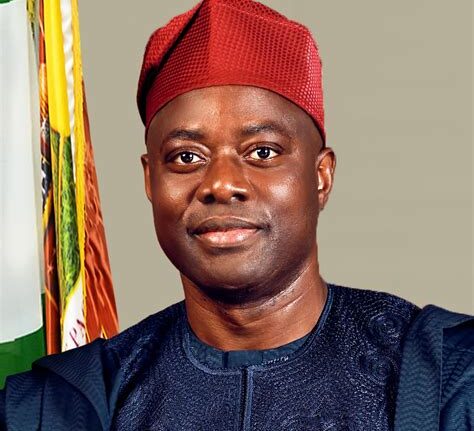
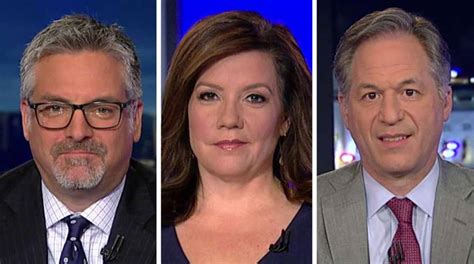
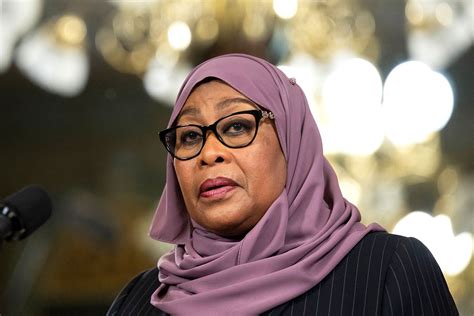
Leave feedback about this